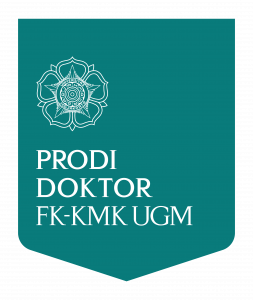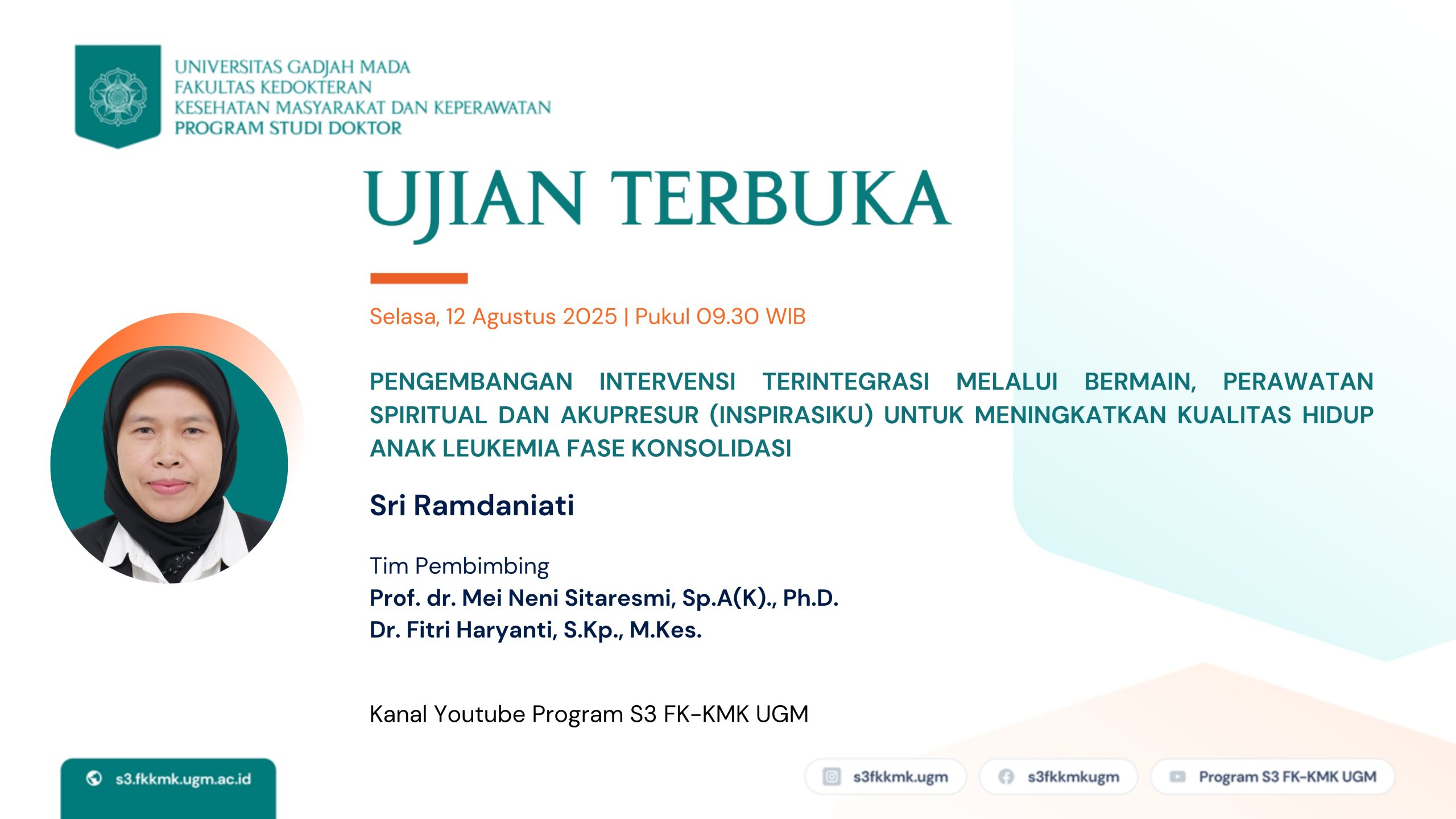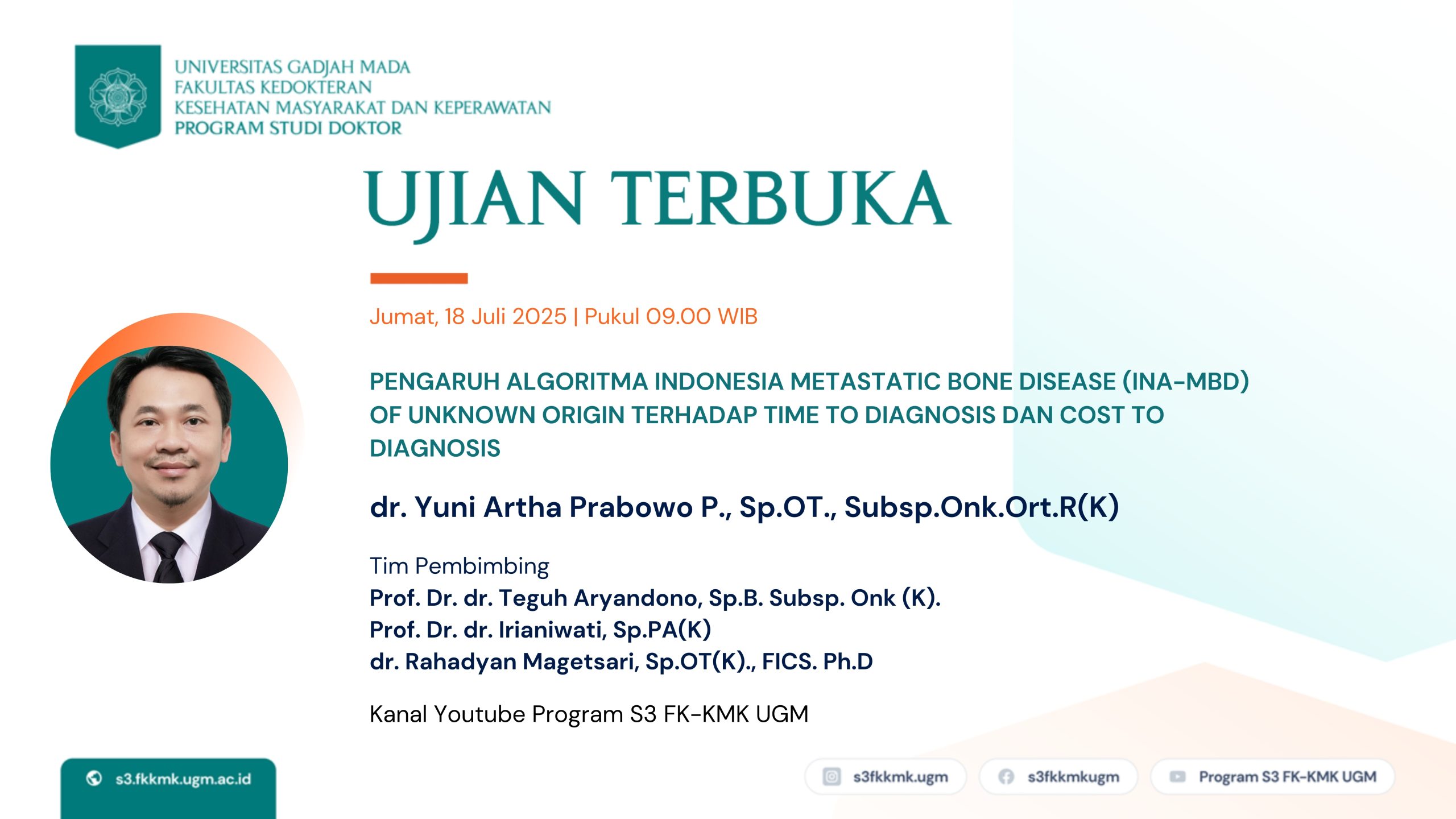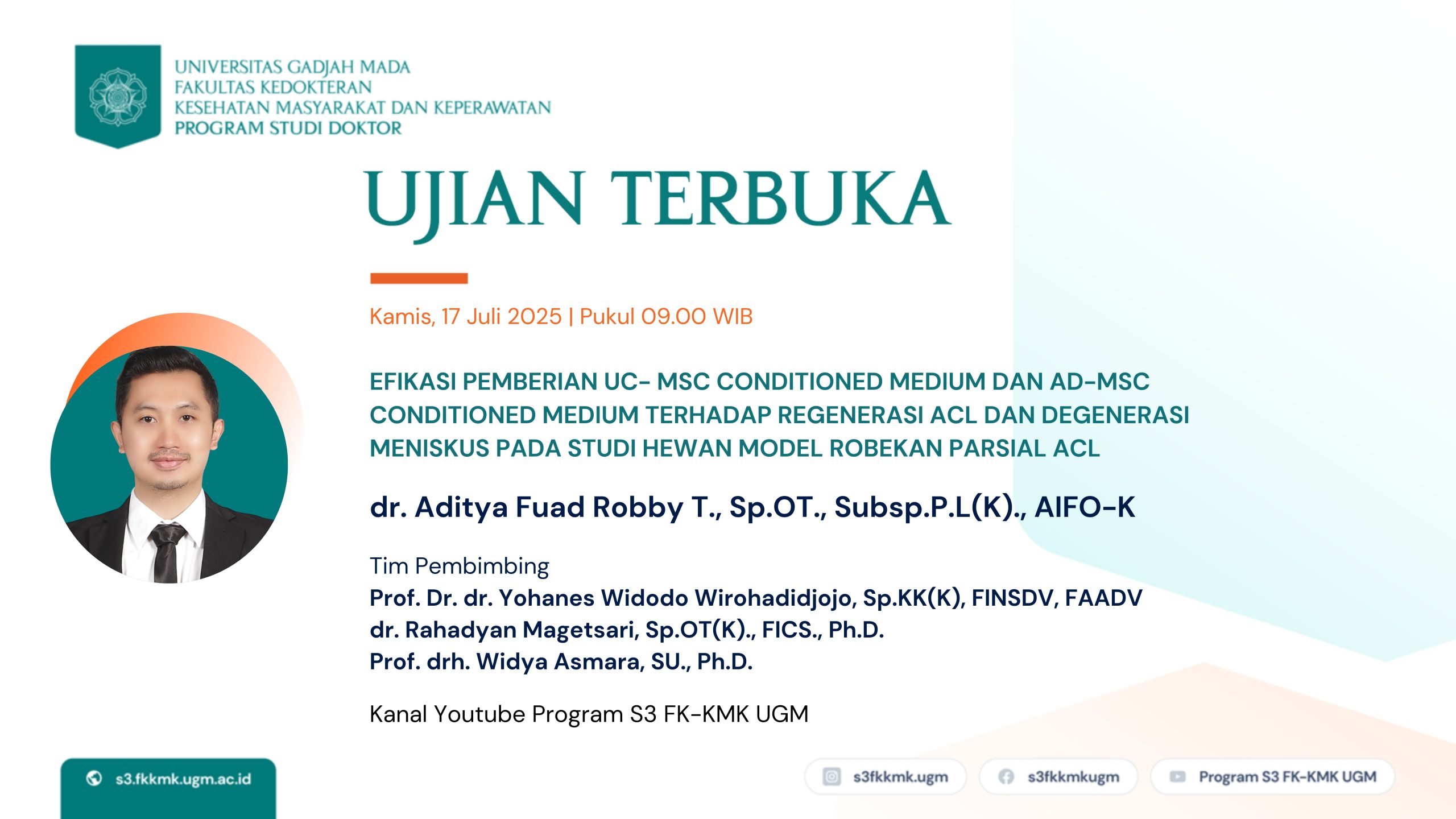Viera Wardhani, Jitse Pieter van Dijk & Adi Utarini
Background
Hospital accreditation is widely adopted as a visible measure of an organisation’s quality and safety management standards compliance. There is still inconsistent evidence regarding the influence of hospital accreditation on hospital performance, with limited studies in developing countries. This study aims to explore the association of hospital characteristics and market competition with hospital accreditation status and to investigate whether accreditation status differentiate hospital performance.
Methods
East Java Province, with a total 346 hospitals was selected for this study. Hospital characteristics (size, specialty, ownership) and performance indicator (bed occupancy rate, turnover interval, average length of stay, gross mortality rate, and net mortality rate) were retrieved from national hospital database while hospital accreditation status were recorded based on hospital accreditation report. Market density, Herfindahl-Hirschman index (HHI), and hospitals relative size as competition indicators were calculated based on the provincial statistical report data. Logistic regression, Mann-Whitney U-test, and one sample t-test were used to analyse the data.
Results
A total of 217 (62.7%) hospitals were accredited. Hospital size and ownership were significantly associated with of accreditation status. When compared to government-owned, hospital managed by ministry of defense (B = 1.705, p = 0.012) has higher probability to be accredited. Though not statistically significant, accredited hospitals had higher utility and efficiency indicators, as well as higher mortality.
Conclusions
Hospital with higher size and managed by government have higher probability to be accredited independent to its specialty and the intensity of market competition. Higher utility and mortality in accredited hospitals needs further investigation.
Selengkapnya:
https://bmchealthservres.biomedcentral.com/articles/10.1186/s12913-019-4187-x











